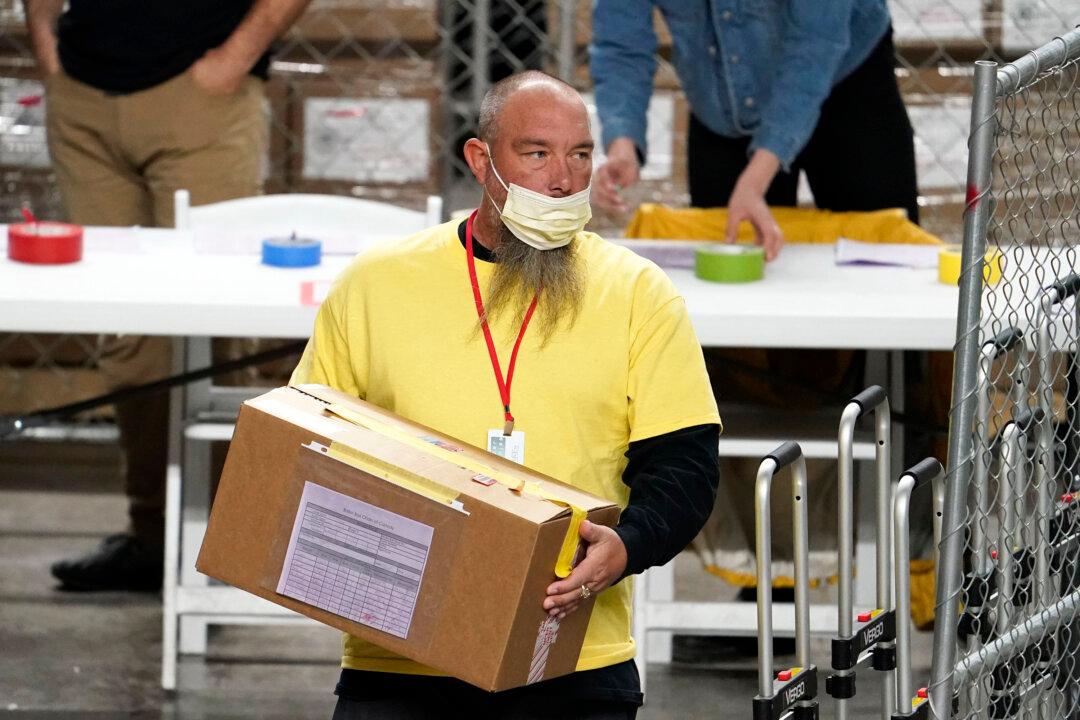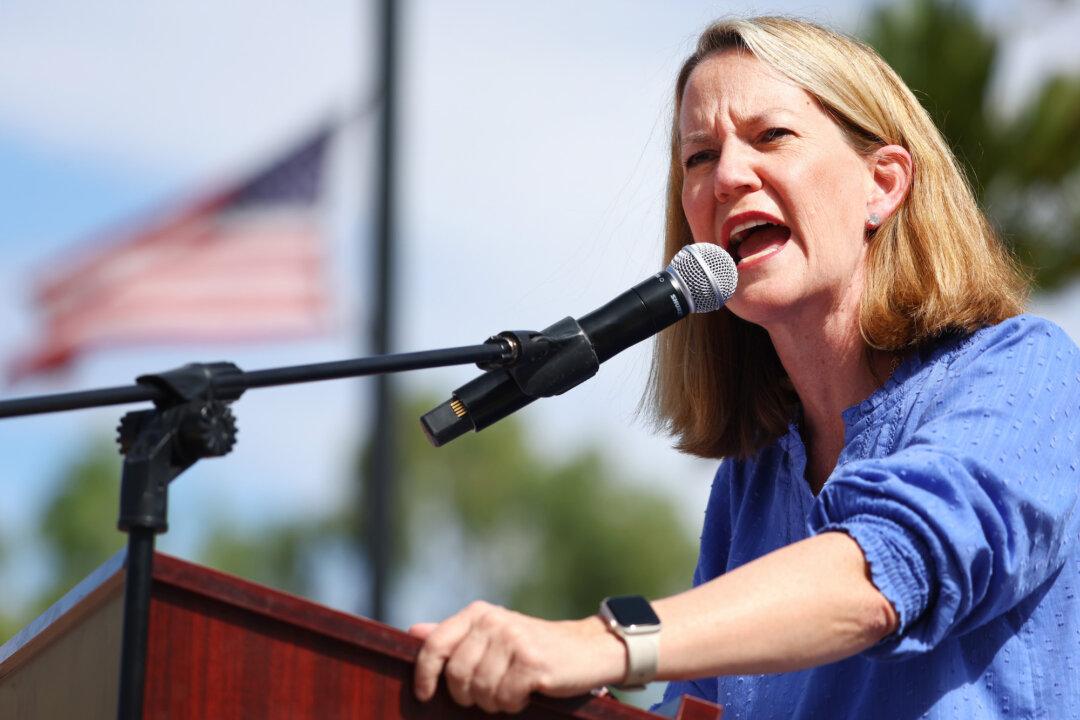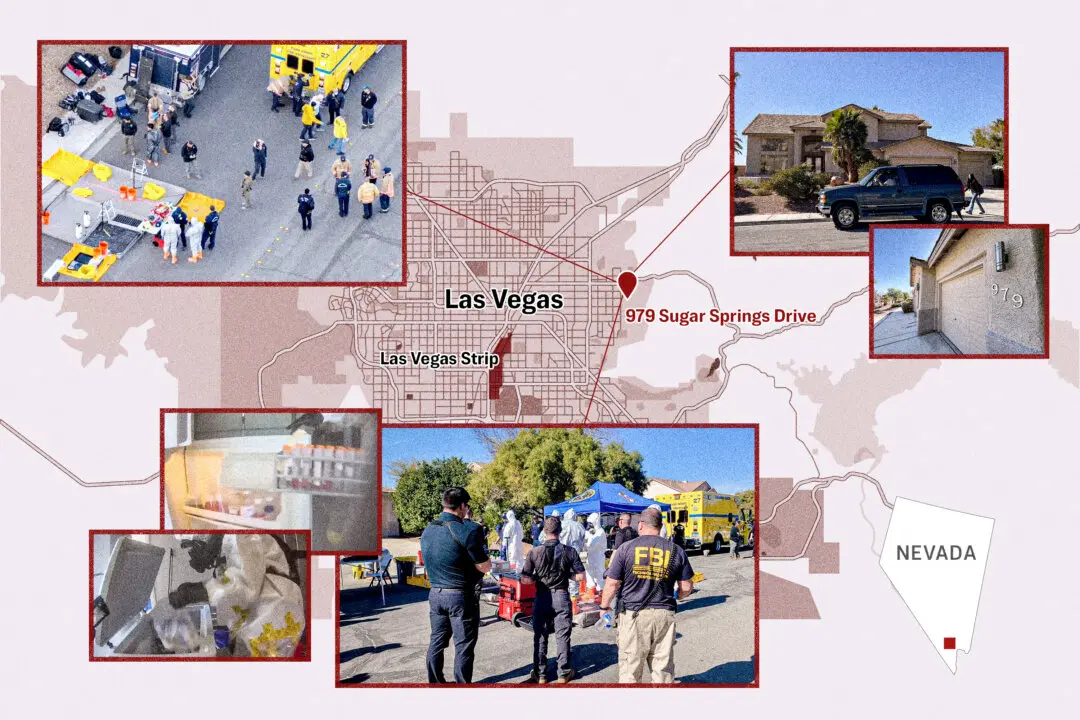Arizona state Rep. Mark Finchem believes that election ballots should be just as secure as U.S. currency to ensure confidence in the system and prevent fraud.
To that end, the Republican candidate for Secretary of State is spearheading the Arizona Ballot Integrity Project to replace the state’s traditional election paper ballots with virtually fool-proof ballots complete with watermarks, ballot identification numbers, QR codes, and embedded holograms.





